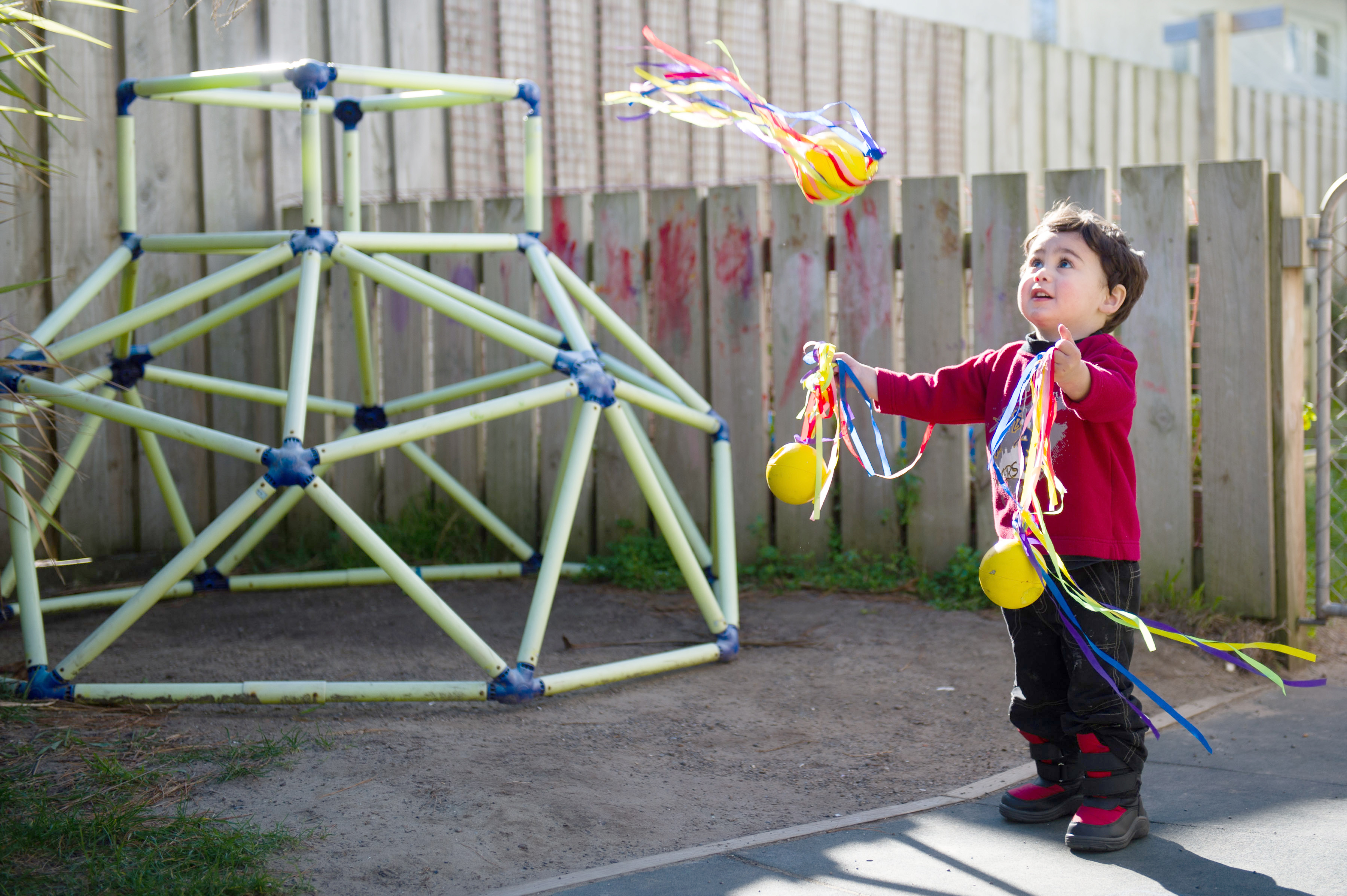
Just under 30 years ago, I enrolled my first daughter in a newly established early childhood facility close to the secondary school where I worked as a full-time English teacher on Auckland’s North Shore. Over the eight years my children attended this centre, the company rapidly expanded, setting up more facilities. At last count, this company now runs over 40 learning centres in cities throughout
New Zealand, all built to meet the demand of women moving back into the workforce.
The longitudinal statistics about female employment give a clear picture of the seismic shift in family life that has taken place in recent years, with women’s participation in the workforce increasing from about 25 percent just after the Second World War to nearly 68 percent today. The introduction of paid parental leave in 2002 and, in 2007, childcare subsidies have further assisted women with young children returning to employment.
For parents juggling jobs and raising a young family, the key requirement is high-quality and affordable childcare. As there is so much choice available — kindergarten, Playcentre and a range of childcare centres — the dilemma is how to decide what service type, programme and philosophy best suits their needs and that of their child. It really depends on what parents are looking for. There is far more to consider than just opening hours and a convenient location.
We have a national early childhood education (ECE) curriculum (Te Whāriki) that is well regarded internationally and provides a framework for all ECE centres to implement a high quality and effective programme. A 2008 report prepared for the Ministry of Education, ‘Outcomes of Early Childhood Education’, found consistent evidence that ECE provides a foundation for life-long learning, develops social skills and supports a smoother transition into primary school, especially in areas of literacy and numeracy development.
This transition varies a lot between centres and is something that needs to be considered more. Some centres’ philosophies and programmes are in contrast to the primary schools’ more ‘structured’ environment, and this can be difficult for some children.
Leaving my daughters at daycare and rushing off to work, I felt the same anxiety and guilt as expressed to me by the young mothers returning to teaching today after taking parental leave. The best way to assuage this is to find the right centre — one that meets your expectations of the first steps for your child’s journey into learning. Above all, it must have quality teaching staff, who are fully qualified, motivated and committed to children’s learning and development.




